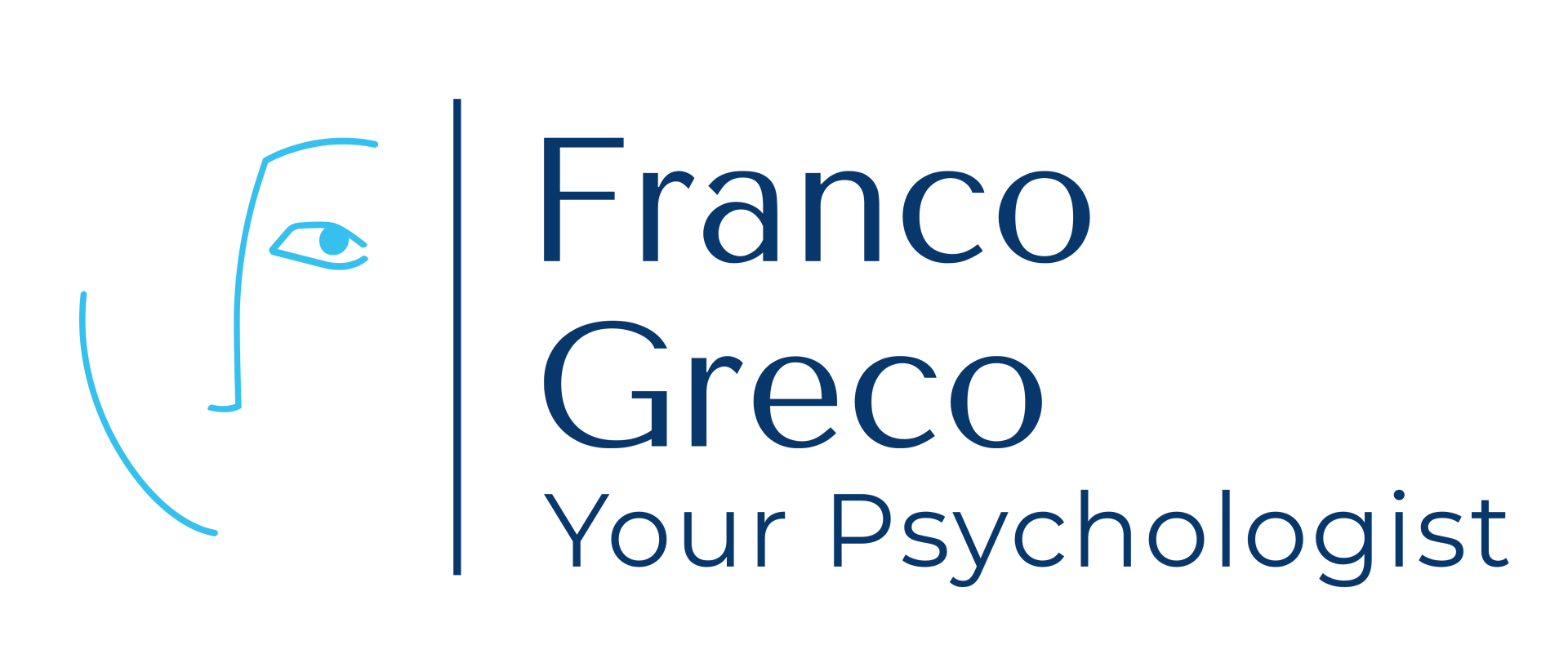How Does Relationships With Parents Affect Future Relationships?
The family is the first social system a person encounters. It is through our family that we learn about relationships - we learn how to give and receive love, communication, respect, and support. Our family also provides us with a model of what to expect in future relationships. Therefore, the quality of our family relationships greatly impacts the development of our own future relationships. Let's take a closer look at how this works.
How family relationships affect future relationships
One way our early family experiences influence our future relationships is by serving as a template for how we expect to be treated by others. For example, if we grew up in a household where there was a lot of arguing and yelling, we may come to expect that all couples fight and that it is normal for relationships to be full of drama.
However, if we witnessed calm and respectful parenting, we are more likely to develop an expectation that adult relationships can be peaceful and harmonious. Of course, no family is perfect and we will all bring some baggage into our adult relationships, but awareness of how our early experiences have shaped our expectations can help us to be more mindful in future relationships and lead healthier lives.
1. Communication patterns
One way that the relationship between a parent and child can affect future relationships is communication patterns. The way that parents communicate with their children can influence the way that the children communicate with others, including romantic partners.
If we feel safe communicating within our families, we are more likely to communicate effectively in future intimate relationships. On the other hand, if communication within our families was characterised by criticism or invalidation, we may have difficulty expressing ourselves honestly in future close relationships out of fear of rejection or being ridiculed. Therefore, developing healthy communication skills early on can lay the foundation for strong and fulfilling future relationships.
2. Attachment styles
Attachment styles refer to the way that we relate to others, especially when it comes to emotions. There are four different attachment styles: secure, anxious-preoccupied, dismissing-avoidant, and fearful-avoidant.
People who have a secure attachment style tend to have healthier relationships because they trust others and feel comfortable being emotionally close to others, whereas people with an anxious-preoccupied attachment style tend to be clingy and always seeking reassurance from their partners. People with a dismissing-avoidant attachment style tend to keep emotions at bay and may have trouble really connecting with others. And finally, people with a fearful-avoidant attachment style tend to be afraid of intimacy and may pull away from their partner even when they do want to be close.
Children who have a secure attachment style are more likely to have healthy relationships as adults because they know how to trust others and be emotionally open. On the other hand, children who have an anxious-preoccupied, dismissing-avoidant, or fearful-avoidant attachment style may have difficulty trusting others or connecting on an emotional level, which can lead to unhealthy relationships as adults.
3. Expectations for support
Lastly, our family members are usually the first people we turn to when we need support or feel overwhelmed. If we had a parent or caregiver who was always available to lend a listening ear or provide helpful advice during difficult times, we may come to expect the same level of support from romantic partners later on in life.
However, if our early experiences with family members were marked by neglect or abandonment, we may find it difficult to trust or depend on others later in life and wind up feeling isolated and alone even when surrounded by loved ones. Learning how to trust and rely on others is an important part of building strong and lasting relationships.
Is your relationship with your parents affecting your romantic relationships?
The quality of our early family relationships has a profound impact on the development of our own future intimate relationships. Family serves as a template for how we expect to be treated by others, and teaches us essential communication and interpersonal skills that lay the foundation for healthy future partnerships.
Our ability to trust and rely on others also begins with early family bonds. Understanding how your first social system has influenced your relational style can help you build stronger connections with others later in life.
If you feel that your relationship with your parents is negatively impacting your current relationships, you may benefit from tailored therapy treatment from a qualified and experienced professional. At Your Psychologist in Elsternwick, we provide evidence-based schema therapy for relationship issues, co-dependency, intimacy problems, anxiety/depression and other negative thought patterns. Get in touch to arrange a one-on-one consultation today.
